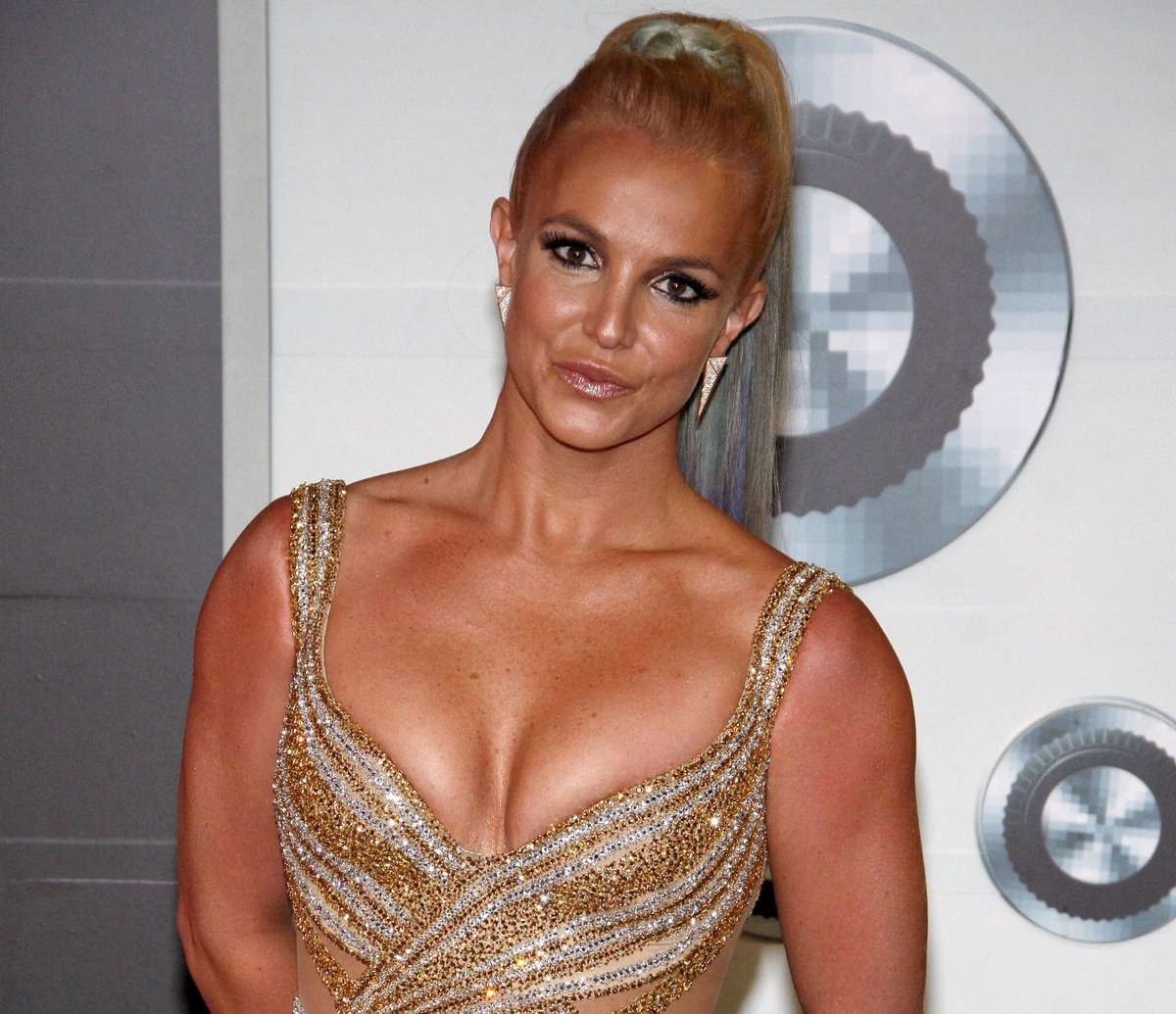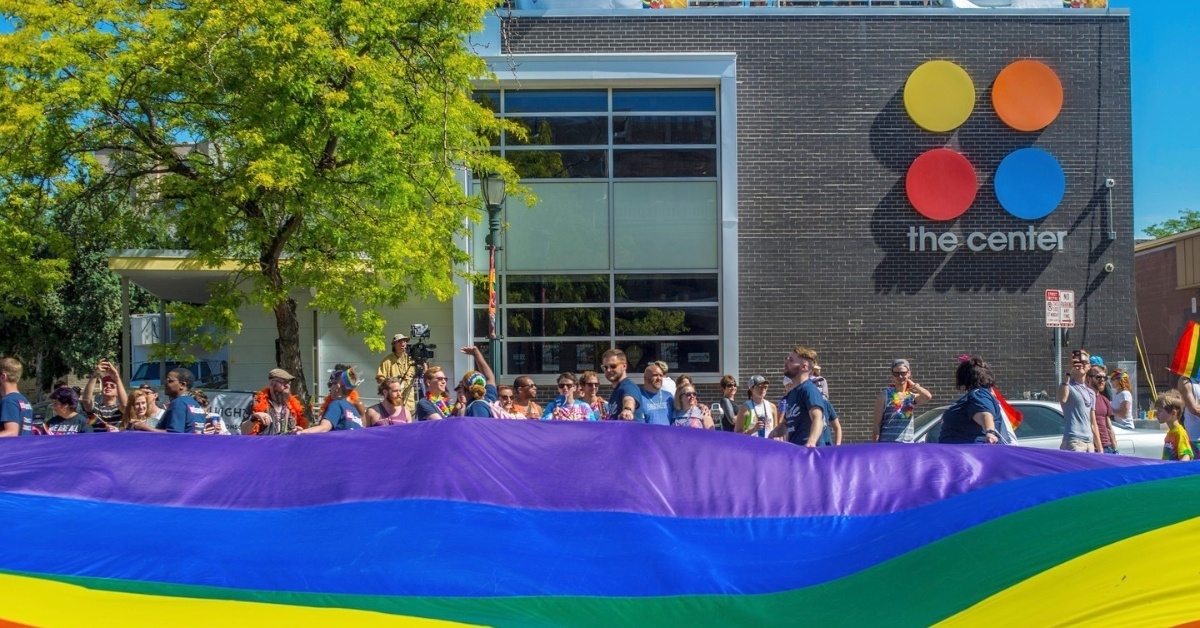BY: Denver Sean
Published 4 years ago

A federal grand jury has indicted former Minneapolis police officer Derek Chauvin and three other former officers on charges of violating George Floyd’s civil rights last year during the arrest that caused his death.
via The Washington Post:
Justice Department prosecutors said Chauvin, J. Alexander Kueng and Tou Thao, who took part in apprehending Floyd, who was Black, will stand trial on two counts apiece. Former officer Thomas Lane will face a single charge in the case.
The announcement came less than three weeks after Chauvin, who is White, was found guilty on three murder and manslaughter counts in a state trial that focused on his use of force.
Chauvin put his knee on Floyd’s neck for more than nine minutes as the 46-year-old was prone on the pavement and complained of being unable to breathe. His sentencing is set for June 25.
In a separate indictment, Chauvin also will face two counts of violating the rights of a 14-year-old boy during an arrest in September 2017, in which the officer is accused of holding the boy by the neck and hitting him twice with a flashlight, causing injuries.
Kueng, Lane and Thao are facing state charges of aiding and abetting second-degree murder and manslaughter in the Floyd case. Their trial is set to begin in late August. Kueng is Black, Lane is White and Thao is Asian American.
The federal charges could add additional time in prison or other penalties, independent of state-level convictions.
Attorneys for the former officers did not immediately respond to requests for comment.
“The federal government has a responsibility to protect the civil rights of every American and to pursue justice to the fullest extent of federal law,” Minneapolis Attorney General Keith Ellison said in a statement. “Federal prosecution for the violation of George Floyd’s civil rights is entirely appropriate.”
Justice Department officials said the decision to bring charges against the officers was the result of an intensive investigation from Civil Rights Division lawyers who have been on the ground in Minneapolis for months. Last month, Attorney General Merrick Garland announced that Justice will conduct a sweeping “pattern or practice” investigation to determine whether the Minneapolis police have systemically engaged in unlawful conduct.
The intensifying federal scrutiny reflects the Biden administration’s sense of urgency in addressing abusive policing in the wake of the mass social justice demonstrations that swept the country after Floyd’s death on May 25, 2020. But historically, winning convictions against officers has been difficult, with prosecutors needing to clear a higher standard than in a normal self-defense case.
In the 10-year period from 2005 to 2014, when perhaps 10,000 Americans were killed by police, 153 officers were charged, or about 1.5 percent, according to a database maintained by Philip Matthew Stinson at Bowling Green University and cited in a Washington Post report last year.
There are known dispositions in 139 of those 153 cases, Stinson said. About 55 percent of the cases resulted in convictions, most by guilty plea.
Stinson’s database also captures non-shooting cases. His research found 58 murder or manslaughter cases that did not involve a gun.
Of the 51 cases with known results, about 65 percent resulted in a conviction, but only 47 percent of the cases ended with felony convictions.
In a statement, the Rev. Al Sharpton, head of the National Action Network, hailed the indictments of Chauvin and the other officers as a “significant development” in the efforts to reform policing.
Sharpton cited the 2014 police killings of Eric Garner in Staten Island and Michael Brown in Ferguson, Mo., in which officers did not face federal charges.
“We have a Justice Department that deals with police criminality and does not excuse it nor allow police to act as though what they do is acceptable behavior in the line of duty,” Sharpton said.
Floyd was sitting in a car when Kueng and Lane responded to a call from an employee of a convenience store who reported that Floyd was thought to have used a counterfeit $20 bill. Lane drew his firearm as the officers ordered Floyd out of his car and handcuffed him, with Floyd pleading with the officers not to shoot him, according to body camera footage.
Chauvin and Thao arrived at the scene, and Chauvin joined the other two as they attempted to force Floyd into the back seat of a police vehicle.
In the struggle, the officers subdued Floyd on the ground, with Chauvin kneeling on his neck, and Kueng and Lane hold his back and legs. Thao ordered bystanders to stay away and prevented a Minneapolis firefighter from providing medical aid to Floyd, according to cellphone video footage.
The federal indictment charges Chauvin for using “unreasonable force” in subduing Floyd and charges Thao and Kueng with failing to intervene to stop him. All four officers are charged with failing to help provide medical care to Floyd and “thereby acting with deliberate indifference to a substantial risk of harm.
In the separate 2017 incident, Chauvin and another officer reported that they used force to subdue a teenager who resisted their commands after they arrived at a home in response to reports of domestic assault. But during Chauvin’s trial, state prosecutors cited body camera footage from the officers that showed him striking the boy with his police flashlight within 41 seconds of instructing him to exit a bedroom.
Two seconds later, Chauvin allegedly grabbed the boy by the throat and hit him again with the flashlight, before applying a neck restraint that caused him to momentarily lose consciousness, according to documents filed by state prosecutors.
A minute later, the boy told Chauvin that he could not breathe. The boy’s mother pleaded with Chauvin four times to remove his knee from his neck, prosecutors said, adding that she “also said that Chauvin had hit her son with a flashlight and hurt him, and he was handcuffed now and could not do anything. But Chauvin maintained his position.”
Derek Chauvin is attempting to get a new trial for the murder of George Floyd, but clearly he has some other things to worry about.










